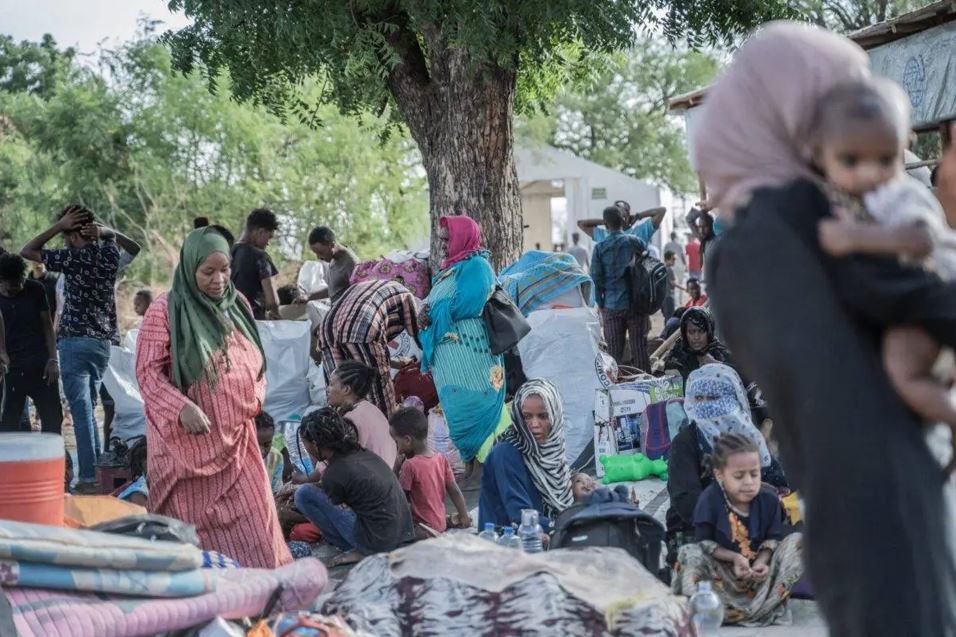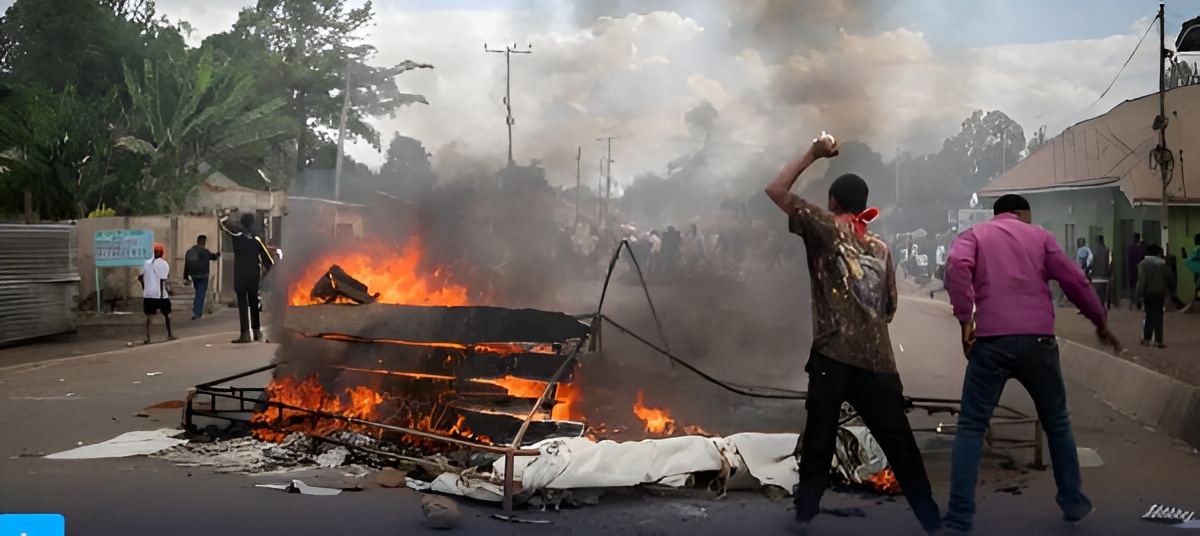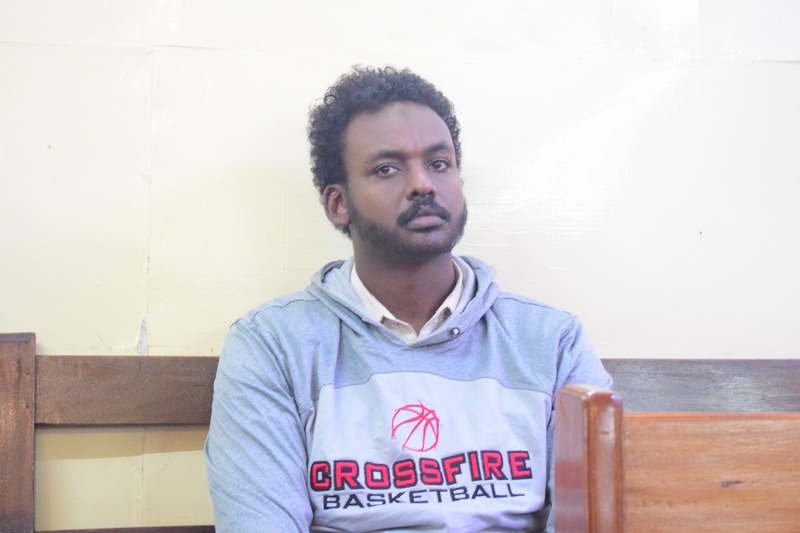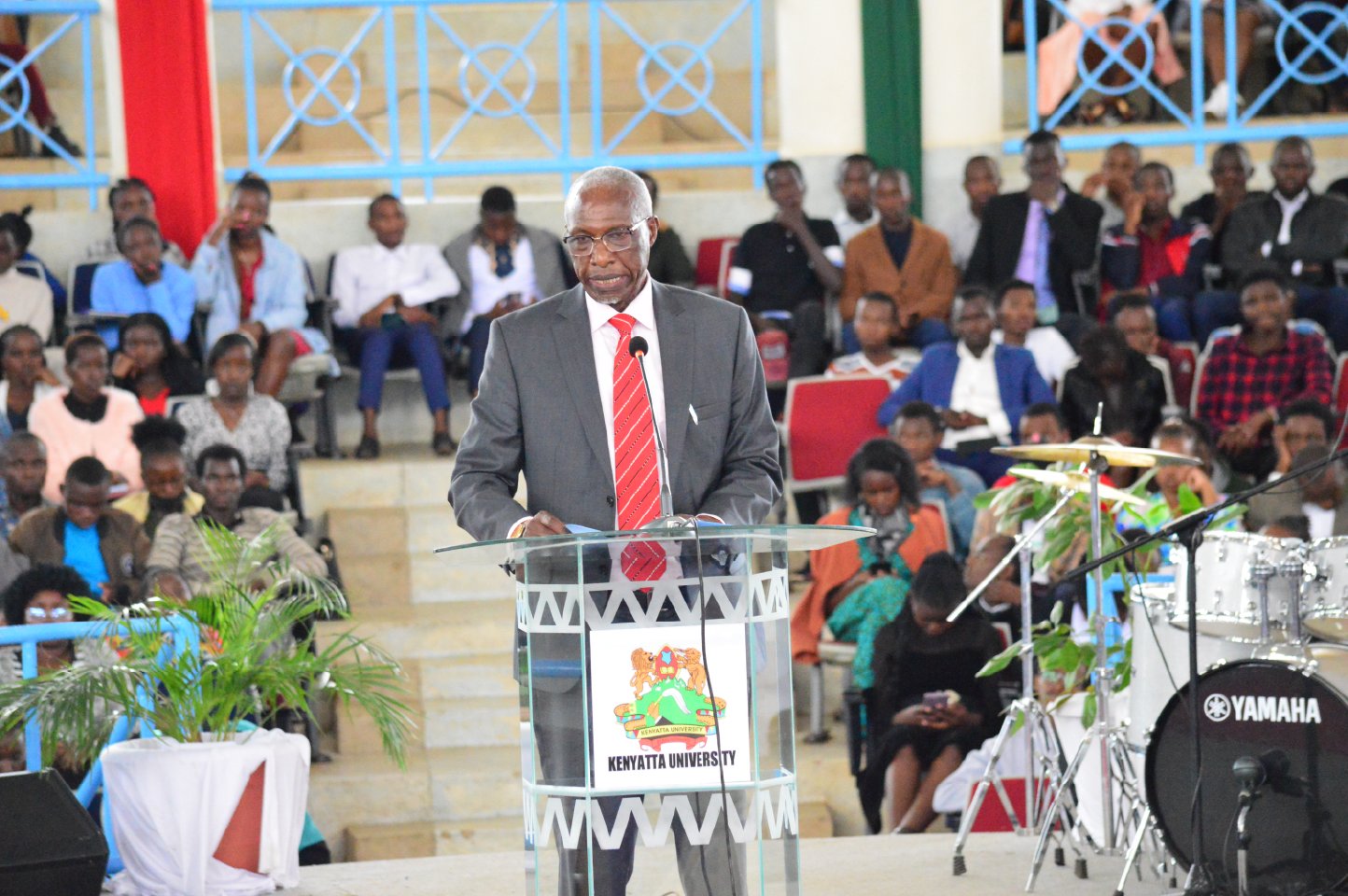Ethiopian authorities relocate Sudanese refugees amid escalating security concerns

Although UNHCR recommended that the refugees return to the camp until a solution could be found with the authorities, it admitted that “the security situation on the ground remains deeply difficult.”
The Ethiopian Refugees and Returnees Service (RRS) has initiated the relocation of Sudanese refugees from shelters in the Amhara region due to escalating security threats and inadequate services.
Coordinator for the Kumar, Awlala and Alemwach refugee centres, Tamirat Demisse said the government is actively working to resolve the security issues in the area.
More To Read
- Sudan’s crisis deepens with communities trapped in ‘siege conditions’
- From protesting tyranny to saving lives: How Sudan’s networks are responding to war
- ‘I have to talk about it' - rape and terror sparks mass migration in Sudan
- Sudan army makes major gains in South Kordofan, retakes key villages from SPLM-N
- Sexual violence driving mass flight from Sudan to South Sudan: What you need to know
- Sudan signals willingness to coordinate with UN despite ongoing RSF clashes
“Site selection has already been completed,” Tamirat told the Voice of America on Saturday, referring to the new site named "Aftet" in the West Gondar Zone.
He said the government is actively working to resolve the security issues in the area.
Addressing the shortage of humanitarian aid, he clarified, “It is not the Ethiopian Government that provides food aid, it is the World Food Program (WFP). The food aid that the organisation provides to refugees may increase or decrease depending on the situation.”
The refugees initially fled to Ethiopia due to the devastating war that erupted in Sudan on April 15, 2023. Despite the relocation efforts, many refugees continue to express concerns about their safety and the lack of services.
On May 28, the United Nations Refugee Agency (UNHCR) issued a statement highlighting that about a thousand Sudanese refugees left the Awlala camp in protest over security incidents and insufficient services.
Hunger strike
The agency expressed deep concern for these refugees, saying they have been staying on the side of the road near the camp for over three weeks, with some even starting a hunger strike.
Although UNHCR recommended that the refugees return to the camp until a solution could be found with the authorities, it admitted that “the security situation on the ground remains deeply difficult.”
The UNHCR also reported that an estimated 7,000 additional refugees were forced to leave the camps due to attacks and thefts by local militias.
It noted that these refugees were apprehended by law enforcement shortly after leaving the camps and are now living in a forest 70 kilometres from the Sudanese border within Ethiopia’s Amhara region.
This group includes 2,133 children and 1,017 women, all currently without aid.
In its latest report, the UNHCR emphasised that Sudanese refugees in camps in the Amhara and Benishangul-Gumuz regions near the Sudanese border face severe challenges, including inadequate security, significant food shortages and insufficient medical care.
With nearly ten million people displaced within Sudan, primarily due to the ongoing conflict between the Army and the paramilitary Rapid Support Forces (FAR), the country is experiencing the worst displacement crisis globally, according to the International Organization for Migration (IOM).
Since the conflict began, which has resulted in at least 30,000 deaths according to the Sudanese Doctors Union, over 2.1 million people have fled Sudan to neighbouring countries, including nearly 300,000 who have arrived in Ethiopia.
Top Stories Today

















































